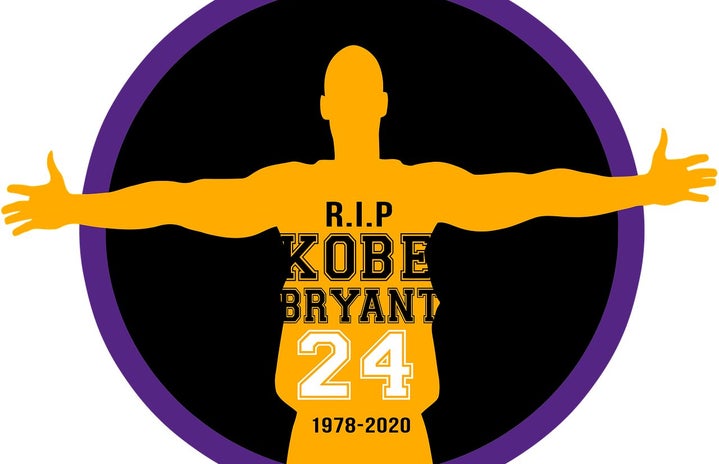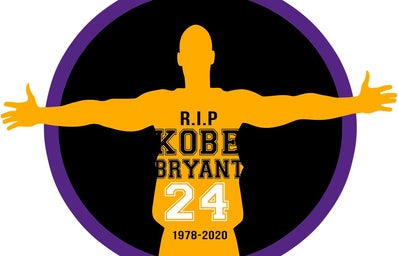Trigger Warning: This article mentions death and sexual assault. If you believe you may find this article particularly upsetting or triggering, please exercise self care and read one of our other articles.
I first heard about Kobe’s death from my boyfriend. While I was at brunch, he texted me, saying his childhood idol had died and he was really upset about it. We talked about it, and I tried comforting him the best that I could. My boyfriend didn’t name the person until much later in the conversation. When he did, the friend I was with gasped and pointed at the TV screen that was above the bar in the restaurant. The headline read “Kobe Bryant dies in helicopter crash.” I didn’t realize it until much later, but the entire restaurant had gone silent, everyone’s attention locked on the TV. Later, everyone found out that his 13-year-old daughter, Gianna “GiGi” Bryant, was also in the helicopter. The two of them perished alongside eight other passengers and the pilot.
I have never been a sports fan, never desired to keep up with the who’s who in the athletic world, but I knew Kobe. Kobe was a prominent name, and though I didn’t know what team he played for or any of his stats, I knew that he was a great basketball star. His death was tragic, and it’s always a somber day when anyone dies. It didn’t affect me, but I mourned the loss in sympathy for his family.
Other people in my life, such as friends, loved ones and coworkers, felt the loss on a much more personal level. Kobe was someone that many people my age grew up watching and cheering for, idolizing him for his athletic ability, or so I thought. Yes, he was a great athlete, but these people saw him as so much more. He was inspirational and admirable. Kobe took the time to immerse himself in the community of LA, as well as in other places, like the Philippines. A friend explained to me how Kobe traveled abroad to play basketball, and Kobe visited the Philippines, time and time again, because he liked it there, liked the people. Another friend told me about how Kobe was an intellectual. He knew three languages (English, Italian and Spanish), and he was learning others (Serbian and French) so he could converse with other athletes better, as well as trash-talk opponents and the referees, which is evidence for Kobe’s sense of humor. Listing these things feels weird, like I consider it necessary to point out that Kobe was a human being with interests outside of basketball, but I’m doing it to prove that Kobe was a man of the people.
I know that Kobe was involved in a sexual assault lawsuit in 2013, during which he admitted that he didn’t explicitly ask for the victim’s consent, and this article isn’t glossing over that fact, nor is it calling him out for it. I’m recognizing that Kobe did something terribly wrong, and, though it’s not my place to excuse it, I want to show my appreciation for him and his impact on the world. Yes, it was a serious offense, but we should still mourn him respectfully, as he did not deserve to die so young. We can only hope that Kobe tried to redeem himself and changed his behaviors before his death.
I wanted to write this because his death affected so many people, so many more lives that he ever would have guessed. I’ve read about other celebrity deaths, over the past few years, but none have caused the world to seemingly stand still like Kobe’s. People stopped doing everything they were doing, flocked to the courts and took turns making basketball shots to honor him.
Tossing anything and saying “Kobe” is going to be very different now.


